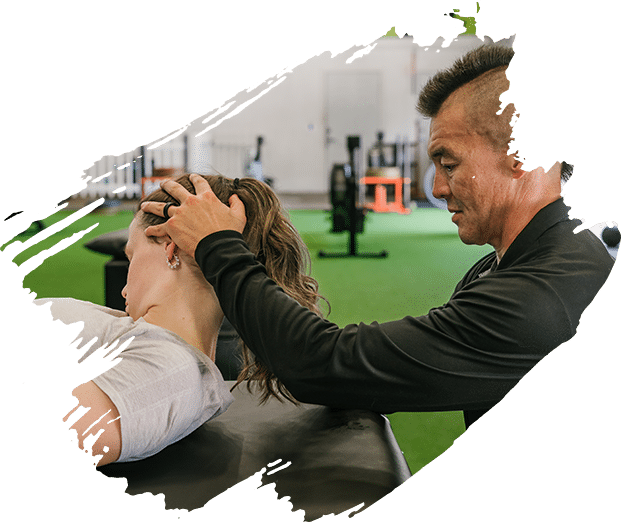 Why do personal trainers document your fitness progress every time you work with them? One reason is that it helps identify whether the program is working. The trainer can look at your beginning weight if weight loss is a goal and compare it to your present weight. He or she can compare the number of sets and repetitions you can do of a given exercise and see if there's an improvement. The trainer also knows that tracking your workouts and progress can help determine what to do next.
Why do personal trainers document your fitness progress every time you work with them? One reason is that it helps identify whether the program is working. The trainer can look at your beginning weight if weight loss is a goal and compare it to your present weight. He or she can compare the number of sets and repetitions you can do of a given exercise and see if there's an improvement. The trainer also knows that tracking your workouts and progress can help determine what to do next.
Your goal can determine how you track your progress.
Some people enter a fitness program for reasons other than building more muscle and shedding fat. Some want to improve athletic performance, while others just want to manage a condition, like high blood pressure or insulin resistance. You need to document the signs that are vital to your goal. If you want to build muscle and lose fat, track your weight and measurements. If you want to be healthier, track blood pressure, blood sugar levels, or other factors regarding your health. If you're working out to build strength, track the amount you can lift and for tracking endurance, track miles run, stairs climbed, or heart rate.
How can documenting your fitness journey help?
When you write down a workout, you can do it quicker and not stop to remember what to do next. You can see the progress you have made. Getting fit takes a while and occurs in small increments. You might not realize how far you've come. Documentation can create a picture of your journey. Looking back at your progress can provide inspiration to continue when your motivation is dragging.
Tracking can turn fitness into a game.
If you're competitive, especially with yourself, documenting your progress helps. Most competitive people strive to outdo their last workout when they track and achieve or surpass their daily goal. Tracking your progress also holds you accountable. You may think you're getting fitter and doing more, but the numbers don't lie. They can prove it one way or the other. Documenting your journey helps keep you focused on your goals.
- Documenting your journey provides a snapshot of each day's success or failure. You can make it more visual by adding monthly photos of yourself to the documentation process.
- Don't forget to track how you feel each day. Do you feel more energetic? Are you happier? Exercise can help reduce depression and improve your mood. The more you include in documentation, the more reasons you give yourself to love what regular exercise adds to your life.
- The first step for any fitness program is to have specific goals and a specific timeline. Documenting your journey isn't as effective unless you know where you want to end. Clear goals and documented progress increase the chances of success.
- Unless you track your progress, you won't realize when you have small and large successes. Realizing when you're successful and celebrating it can boost your motivation, improve your attitude, and keep you focused.
For more information, contact us today at Habitat Health & Fitness

